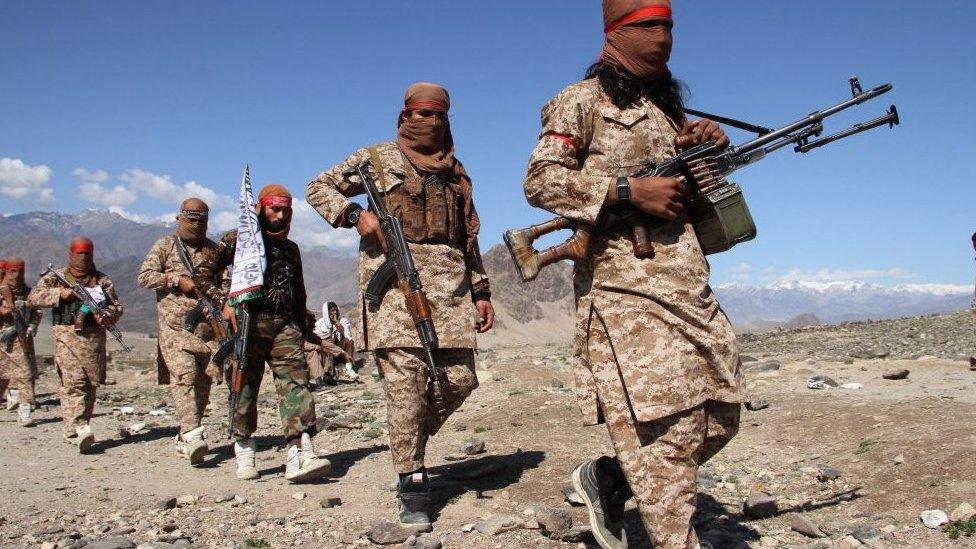Afghanistan: Major cities fall to Taliban amid heavy fighting
- Published
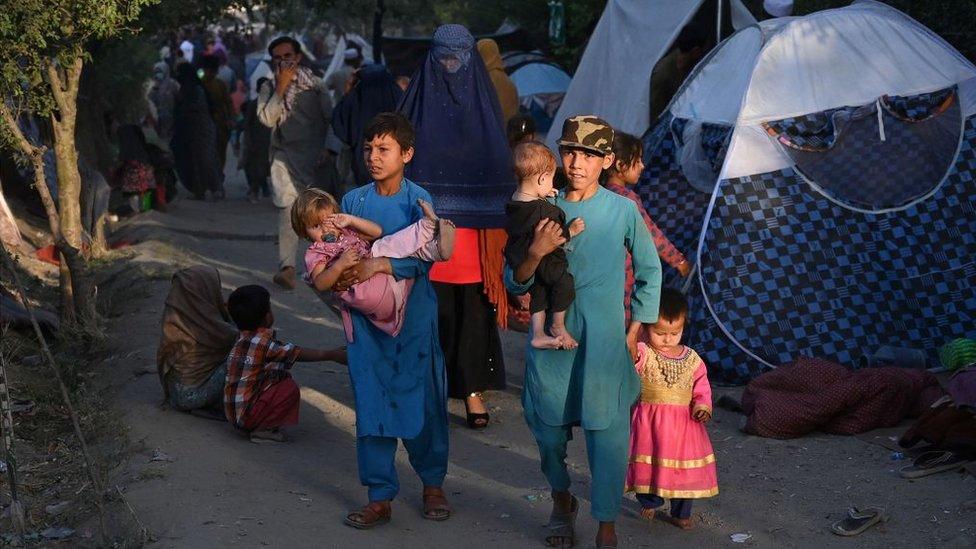
Thousands of people are living in makeshift camps in Kabul after fleeing the Taliban insurgency
The Taliban seized the cities of Ghazni and Herat on Thursday, in the most dramatic string of captures since launching their offensive.
Taking the strategically important Ghazni increases the likelihood the Taliban could take the capital Kabul.
There is also heavy fighting in the second largest city, Kandahar.
The insurgents have moved at speed, seizing new territories almost daily, as US and other foreign troops withdraw after 20 years of military operations.
The city of Qala-I-Naw also fell to the Taliban, who now control about a third of the country's regional cities and most of northern Afghanistan. The group's rapid advance has dealt a crushing blow to government security forces.
Sources have told the BBC that Lashkar Gah, the capital of Helmand province, is also now in the hands of the Taliban, though this has not been confirmed.
Thousands of civilians have been displaced, fleeing to Kabul to try and escape the fighting.
Taking Ghazni is a significant gain due to its location - it is 150km (93 miles) from Kabul, and is on the major Kabul-Kandahar motorway, linking militant strongholds in the south to Kabul.
A provincial council member in the city told the BBC that the Taliban had taken most of the centre, with only a police base on the outskirts controlled by the Afghan security forces.
PROFILE: Who are the Taliban?
Herat, which has been under siege for weeks, is also a major win for the militants. It is Afghanistan's third largest city, lies on significant ancient trade routes and is seen as the gateway to Iran.
On Thursday, video on social media showed the insurgents running through a central Herat street firing their weapons, and the Taliban flag was seen flying over the police headquarters. A regional council member confirmed to the BBC that the city had fallen to the militants.
The BBC's Secunder Kermani reports on life in a town recently taken by the Taliban
Meanwhile in Kandahar, once the Taliban's stronghold, heavy fighting was reported and the militants claimed to have taken over its prison and released all of the inmates, although this has not been confirmed.
If Kandahar falls into militant hands, it will be the biggest loss yet for Afghan security forces.
"Life as we know it is getting harder day by day," a woman in Kandahar told the BBC, adding "both sides are just using… us as pawns in their own power-hungry games".
The US embassy in Kabul said it was hearing reports that the Taliban was executing Afghan troops who were surrendering, saying it was "deeply disturbing and could constitute war crimes."
Allow X content?
This article contains content provided by X. We ask for your permission before anything is loaded, as they may be using cookies and other technologies. You may want to read X’s cookie policy, external and privacy policy, external before accepting. To view this content choose ‘accept and continue’.

The US said it was sending 3,000 troops to the airport in Kabul to help evacuate a "significant" amount of embassy staff on special flights.
The UK later said it was deploying about 600 troops on a short-term basis to provide support to British nationals leaving the country. The number of staff working at the British embassy in Kabul has abeen reduced to a core team.
More than 1,000 civilians have been killed in Afghanistan in the past month, according to the UN.
Just this week thousands of people from northern provinces have become internally displaced, travelling to Kabul to seek safety. An estimated 72,000 children arrived in the capital in recent days and are mostly sleeping on the streets, according to Save the Children.
Makeshift camps have been established on scrubland on the outskirts of the capital, while many others have reportedly been sleeping on the streets or in abandoned warehouses.
"We have no money to buy bread, or get some medicine for my child," a 35-year-old street vendor who fled Kunduz province after the Taliban set fire to his home told the BBC.
In response to the insurgency, the German government has threatened to end its annual financial support of $500m (£360m) to Afghanistan if the Taliban gains complete control of the country.
Germany has also suspended the forced repatriation of Afghan citizens whose asylum applications have failed. The French and Danish governments said they would follow the same policy.
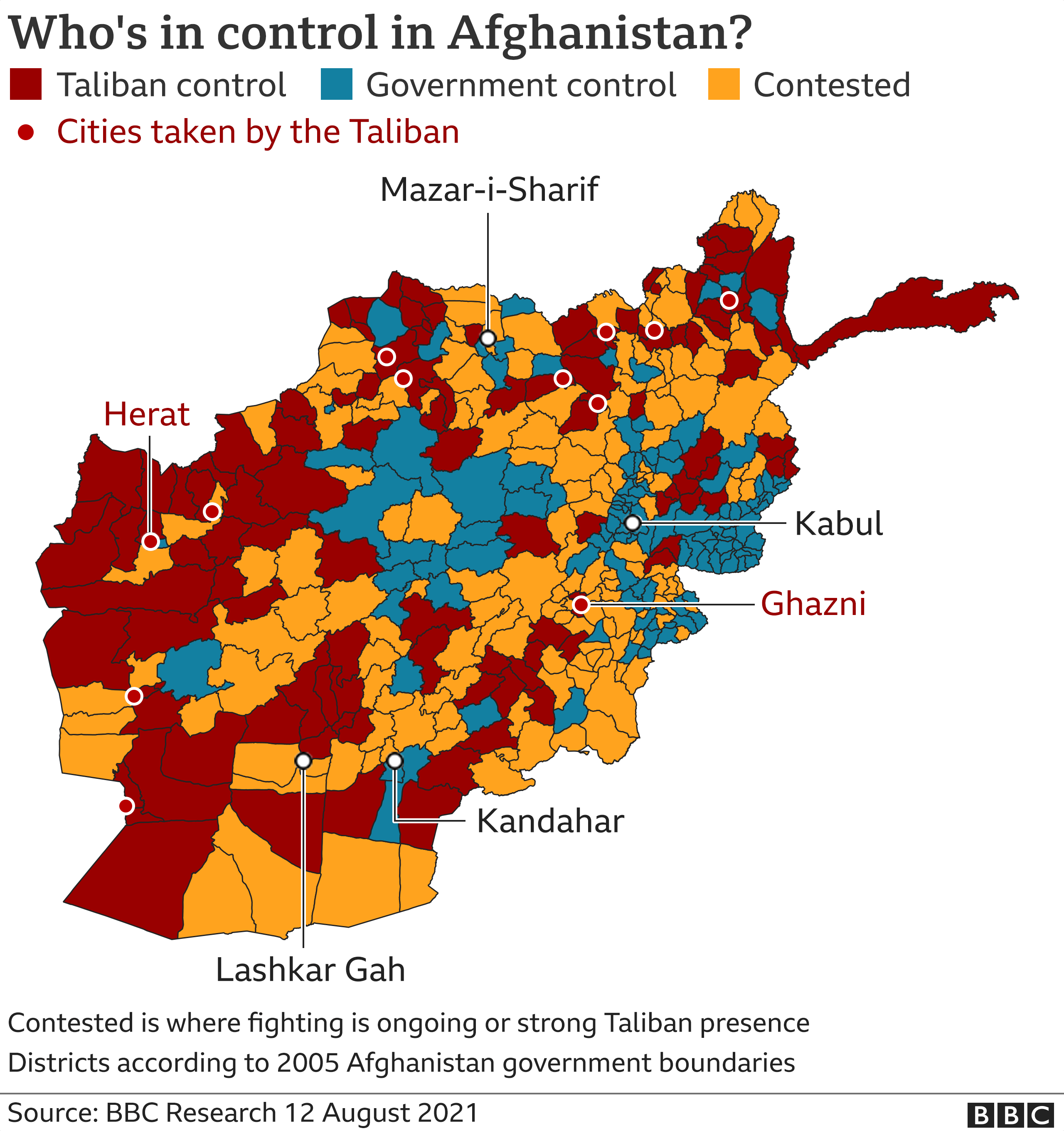

On Wednesday, Afghanistan replaced its army chief, General Wali Mohammad Ahmadzai, who had only been in the post since June.
Also on Wednesday, President Ashraf Ghani flew to the northern city of Mazar-i-Sharif - traditionally an anti-Taliban bastion - to try to rally pro-government forces there.
Mazar-i-Sharif lies close to the borders with Uzbekistan and Tajikistan, and its loss would mark the complete collapse of government control over northern Afghanistan.
EXPLAINER: Why is there a war in Afghanistan?
ON THE GROUND: Taliban back brutal rule as they strike for power
President Ghani held crisis talks in Mazar-i-Sharif with ethnic Uzbek warlord Abdul Rashid Dostum and prominent ethnic Tajik leader Atta Mohammad Noor about defending the city.
Mr Dostum, a veteran commander, was quoted as saying: "The Taliban have come to the north several times but they were always trapped."
For years, Mr Ghani tried to sideline the warlords in an attempt to boost the Afghan National Army, and now he is turning to them in his hour of need, the BBC's Ethirajan Anbarasan says. Earlier this week, the president also agreed to arm pro-government militia.

Are you in Afghanistan? Do you have links to Ghazni? Share your experiences by emailing haveyoursay@bbc.co.uk, external.
Please include a contact number if you are willing to speak to a BBC journalist. You can also get in touch in the following ways:
WhatsApp: +44 7756 165803
Tweet: @BBC_HaveYourSay, external
Please read our terms & conditions and privacy policy
If you are reading this page and can't see the form you will need to visit the mobile version of the BBC website to submit your question or comment or you can email us at HaveYourSay@bbc.co.uk, external. Please include your name, age and location with any submission.
Related topics
- Published12 August 2021
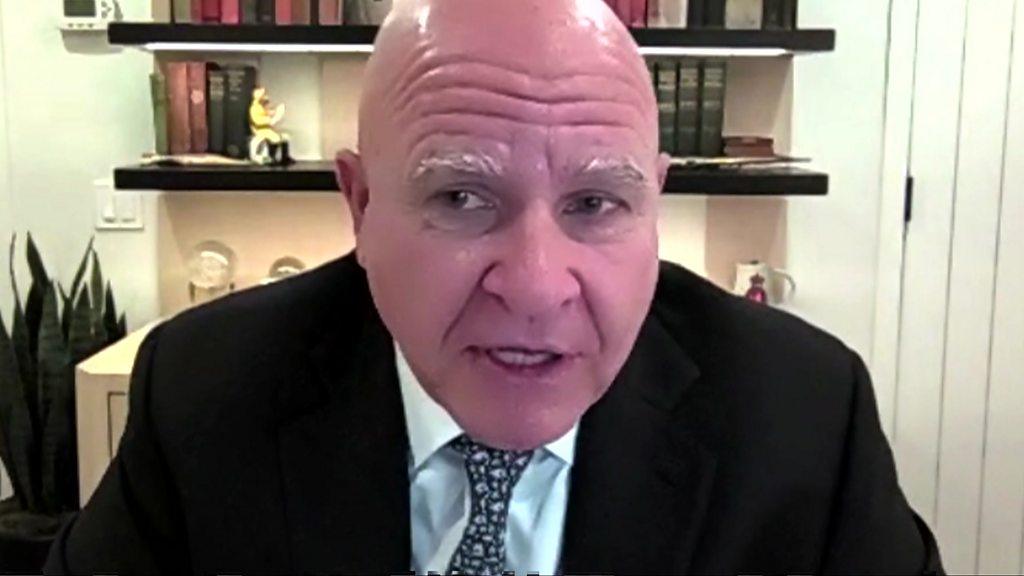
- Published13 August 2021
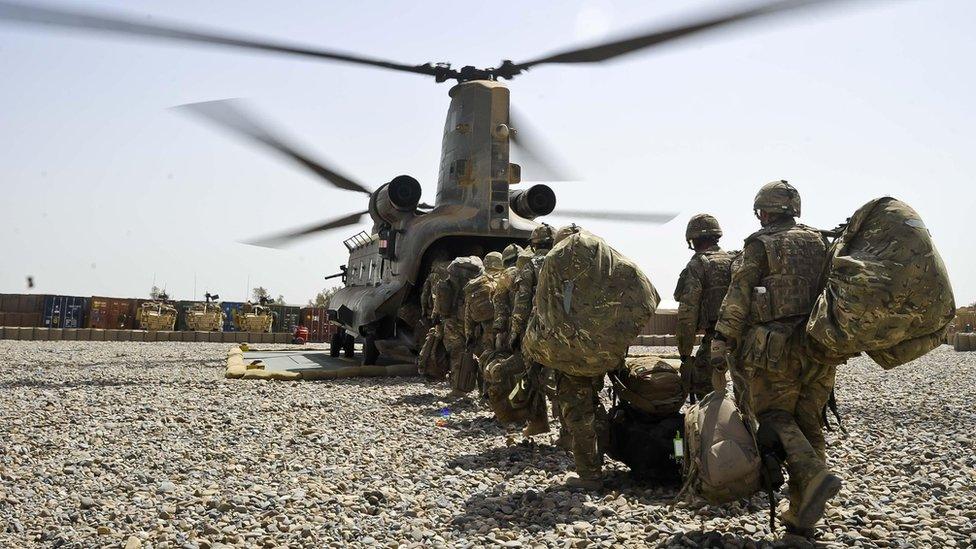
- Published11 August 2021
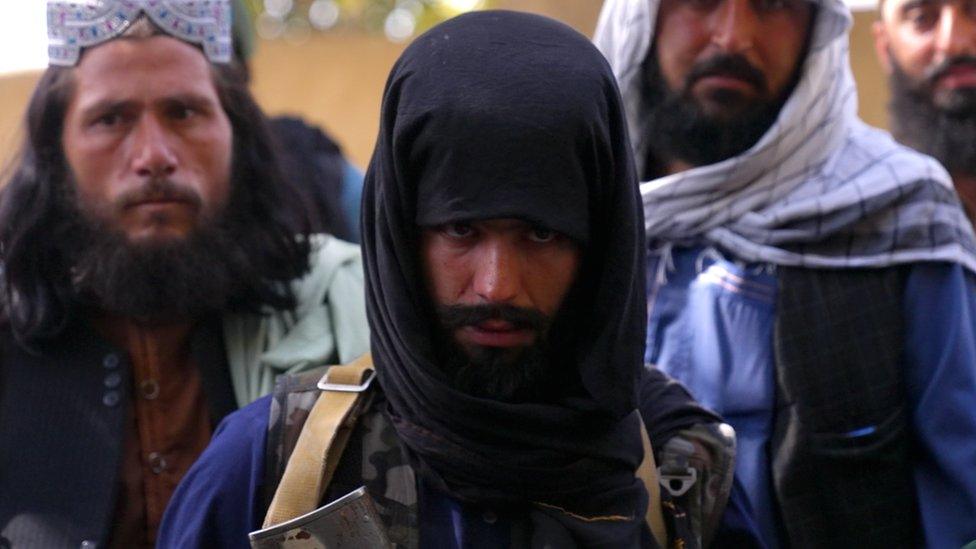
- Published11 August 2021
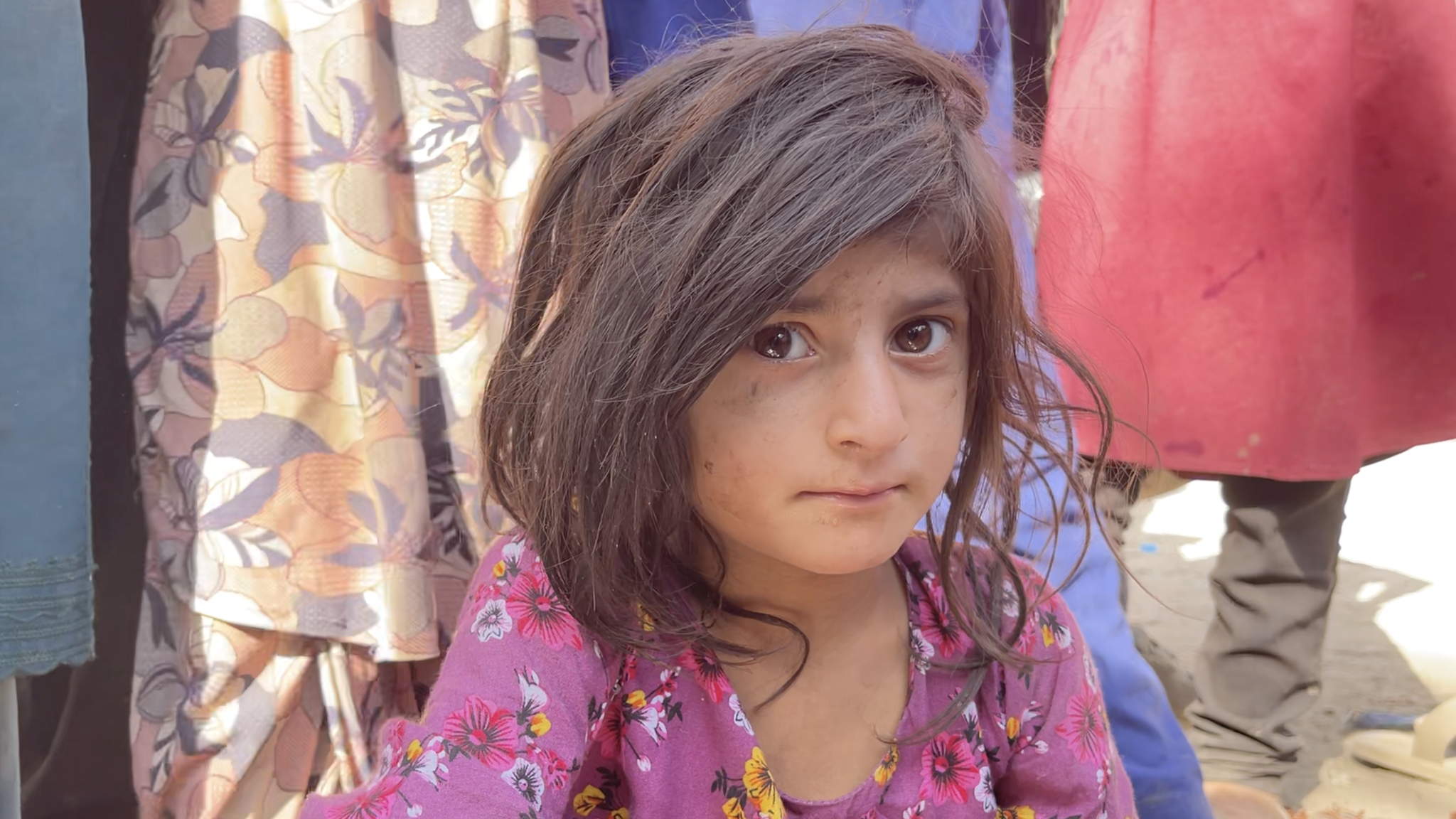
- Published12 August 2022
